If you want your business to grow, you have to create relevant copy that pleases both your readers and the search engines. If people don’t like what you wrote, they won’t read it. If your blog or article doesn’t make it to the first page of search engine results, you won’t attract organic traffic. We are going to talk about must-have SEO copywriting skills.
Even if you reach the first page and people notice and click on your link, it’s not worth it if this doesn’t convert into people using your product or service. Or, at the very least, you want them to look at what there is on offer.
In other words, you need SEO copywriting skills. In this article, we’ll look at 10 SEO copywriting skills you should have to generate conversions and get you to the top of SERPs.
In essence, to stand out as an SEO copywriter who writes copy, you should be able to:
1. Recognize And Match Keyword Intent
Recognizing and matching keyword intent is essential to your SEO success. Put simply, keyword intent means that you know why people search for the keyword you are targeting.
There Are Three Categories Of Keyword Intent
- Informational: For instance, if users are searching about “The History of Halloween”.
- Navigational: If they deliberately search for a specific website.
- Commercial: If users search for more information about where to buy a product or service.
Understanding search intent is essential for SEO copywriting. You need to create content that satisfies the needs of someone making a search that includes relevant terms that will help you rank for those terms.
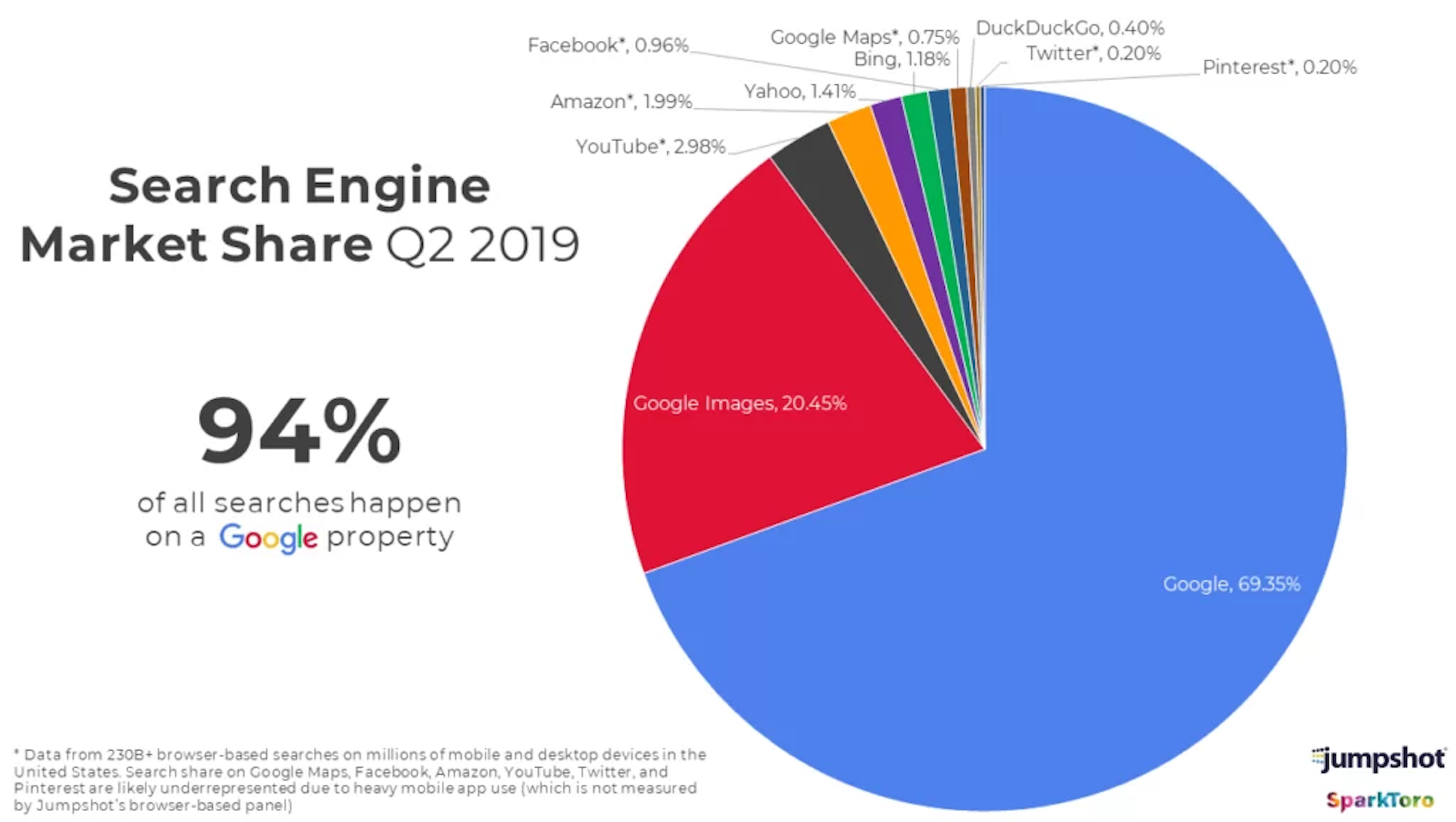
If you take into account that 94% of searches happen on Google, getting good organic rankings is crucial.
2. Be Concise And To The Point
You should have the skill to create content that gets to the point quickly. You want to ensure your introduction focuses on the main areas you’ll cover in the article. You should also know how to use your main keyword and incorporate that into your copy.
Effective SEO web design will also simplify the reader’s experience. You should have the skill to divide your content into categories, add page jumps and use internal links so people can easily move from one page to the next.
3. Shun Keyword Stuffing
You should know when your content has too many keywords already.
According to Google, keyword stuffing refers to the practice of loading a webpage with keywords in an attempt to manipulate a site’s ranking in Google search results. As a result, these keywords appear in a list or group, or out of context and “not as natural prose”.
Here’s an example:
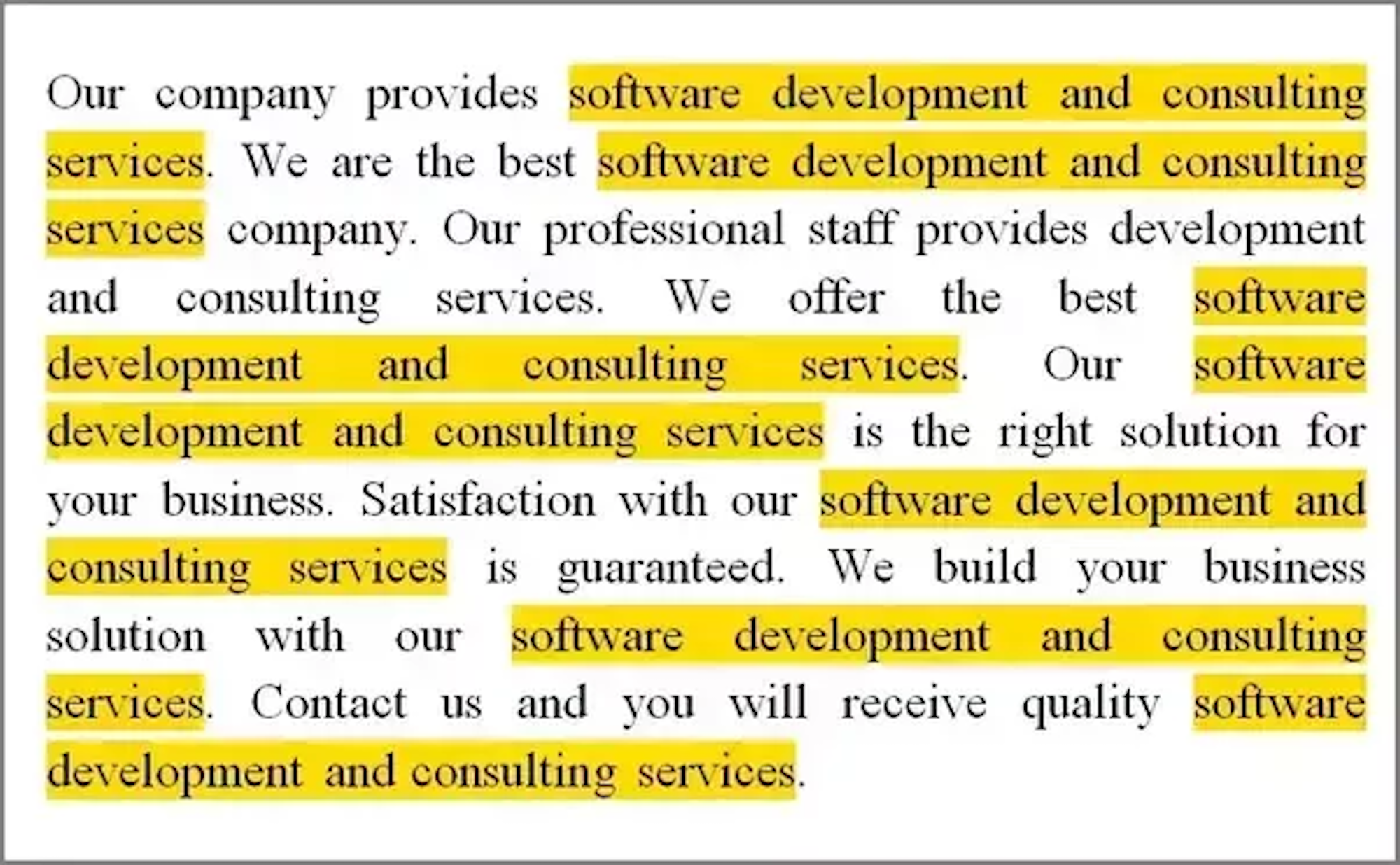
There’s no specific number as to the number of keywords Google allows in one specific article. You just have to have the ability to discern that those keywords in your content appear as “natural prose”. Google will penalize your website if they catch you stuffing keywords. That means you could be demoted on SERPs, and in some cases, even be removed altogether!
4. Use The Same Terminology As Your Audience
You can use paid services such as Google ads to get your content to appear at the top of SERPs:
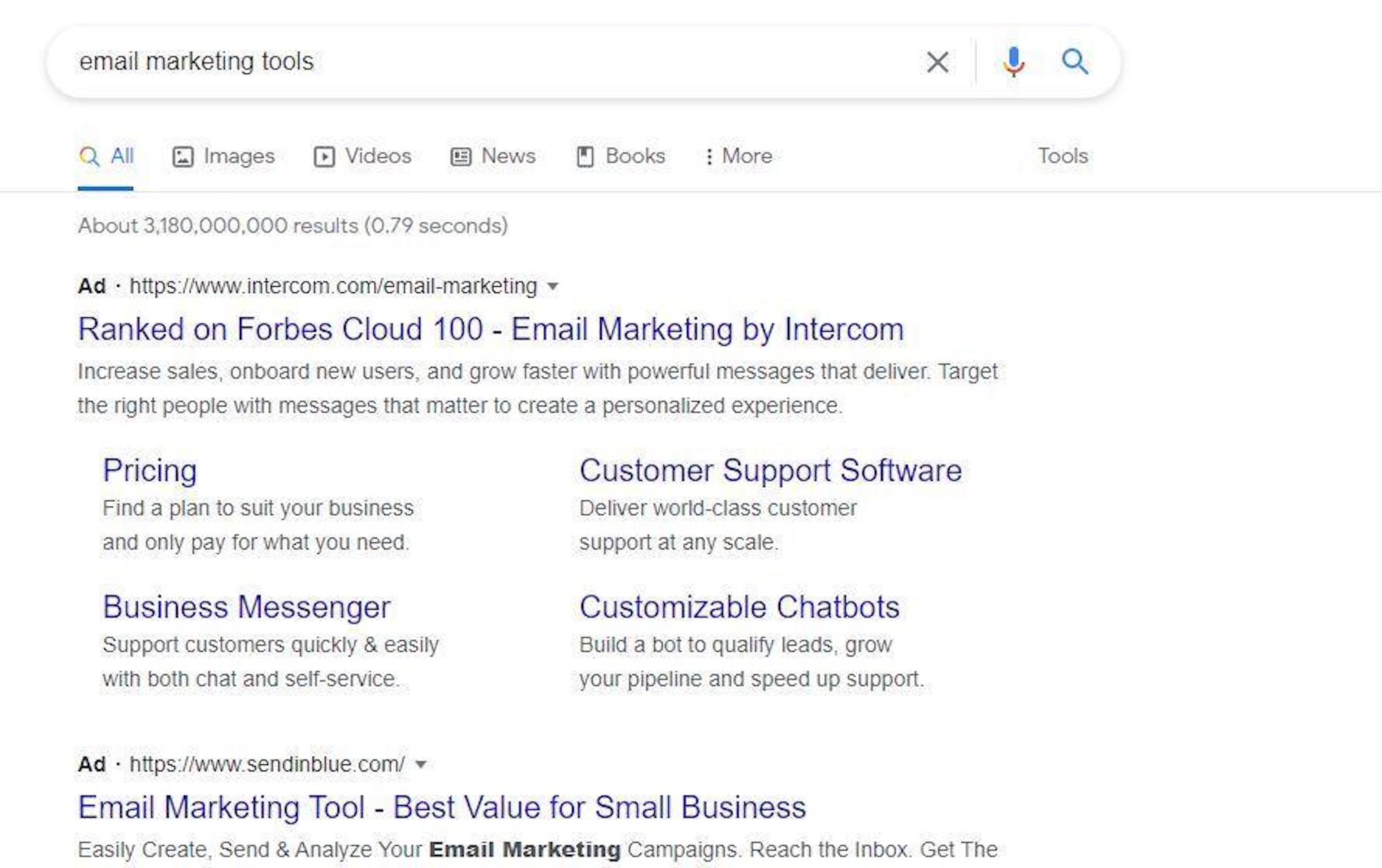
But there’s another way you can get people to your site without paying. It’s quite easy. You just have to have the ability to put yourself in your target audience’s shoes and determine the keywords they’re likely to use in a query.
Google can even help you do that. It can give you possible keywords WHILE you’re typing. Or just go ahead and type in your search query and scroll to the bottom.
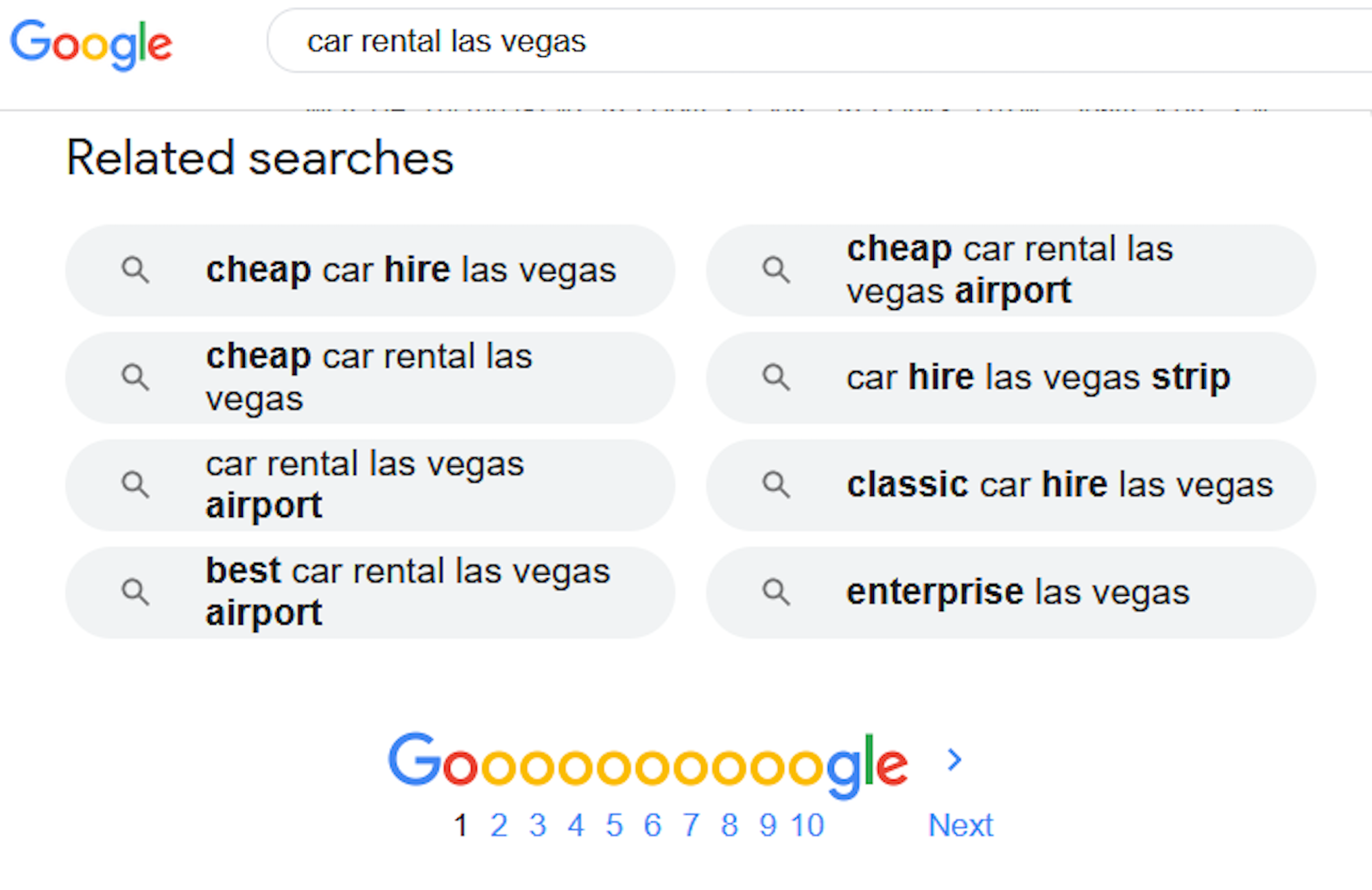
That valuable information section has a host of queries relevant to your main keyword and even ancillary keywords you can use to support your primary keyword.
To stand out, you need to know how to incorporate them into your content strategy.
5. Aim For The Featured Snippet
Featured snippets are special boxes where the format of a regular search result is reversed: The descriptive snippet comes first.
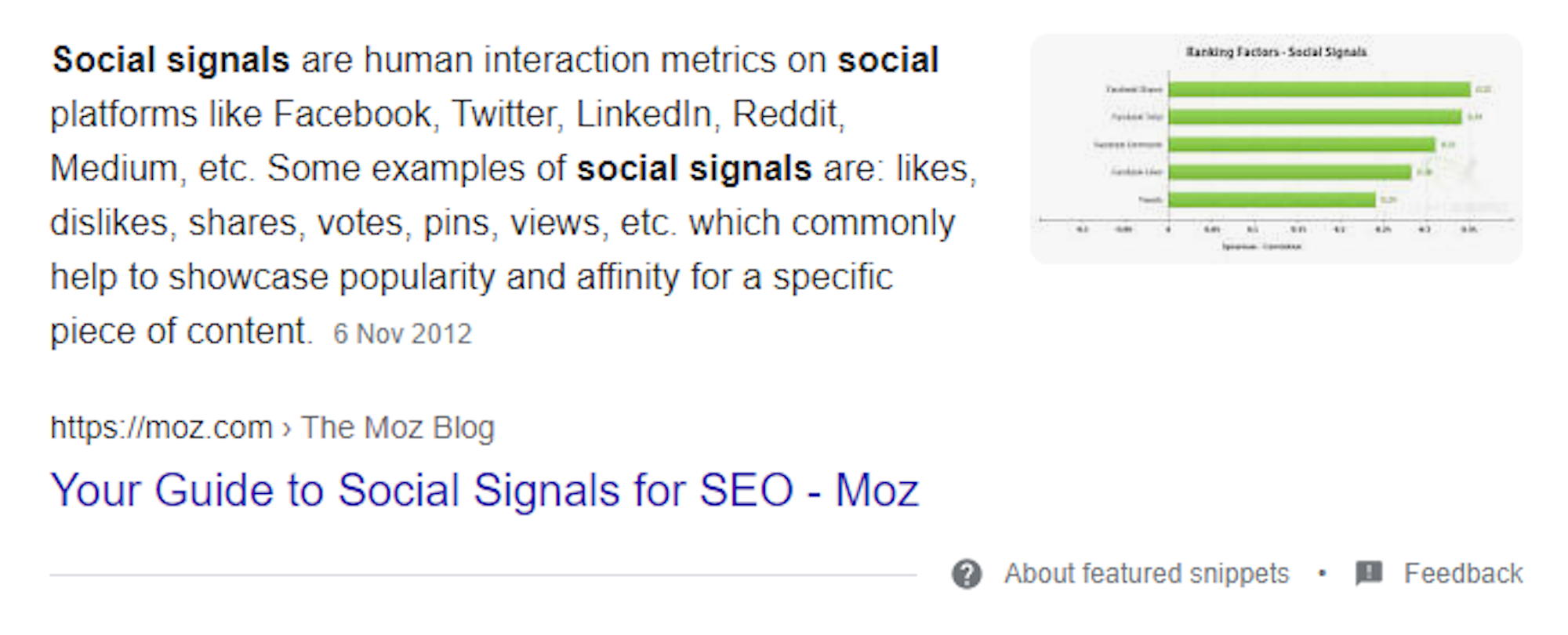
As featured snippets are automated and not paid for, you should aim to be featured that way. According to Search Engine Land, a featured snippet gets approximately 8% of all clicks.
In Other Words, As An SEO Copywriter, You Need To Know How To Do The Following:
- Brainstorm questions and queries related to your target.
- Determine the search term’s priority levels.
- Write content that will answer those questions.
If you can answer questions in brief and remove repetition, you’ll be fine.
6. Think About The Headline
You should be able to set aside time to think about the correct headline. A bad headline, after all, will mean that fewer people will click on your link.
A good headline, on the other hand, will boost your organic click-through rate or the percentage of searchers that click on a search engine result.
David Campbell, Marketing Strategist at Right Inbox says that “there’s no hard and fast rule for how you can write a great headline. It should just be concise and should summarize what your article is about.” To stand out, you should know how to use words that will pique your readers’ interest:

So, you should be the type who asks how your readers will react to your headline. Make it a habit to show your headlines to your friends and family first, then, before you hit publish.
7. Produce Helpful Content
A good title will help searchers go to your site. But the challenge doesn’t stop there. You want them to stay on your site and ideally return to it.
The only way to do this is to produce helpful content. You should have the ability to understand and interpret the results of your keyword research. For example, ask yourself, what are the questions people usually ask about local SEO, if you plan to write about local search engine optimization. Then incorporate the answers to those questions into your content.
Make sure your content is of excellent quality. If you need to, hire other people to help you write that content if the work is overwhelming. You can use scheduling software to assign tasks and set deadlines.
8. Ensure Your Meta Tags Are Optimized
You should know how to optimize on-page SEO elements such as meta descriptions, title tags, and headers, too.
That means knowing how to:
- Ensure that all your content has meta descriptions.
- Use robot meta tags to advise search engines on how to access your content.
- Mark your images up with alt text.
If you don’t know how to do this just yet, there are excellent resources you can read online. The rest you can learn in the field.
9. Pay Attention To Voice Searches
PwC found that around ⅔ of people aged between 25 and 49 speak to their mobile devices at least once per day. So, although we wouldn’t say that it’s as important a skill as the others, learning how to optimize for voice searches is definitely something you should consider.
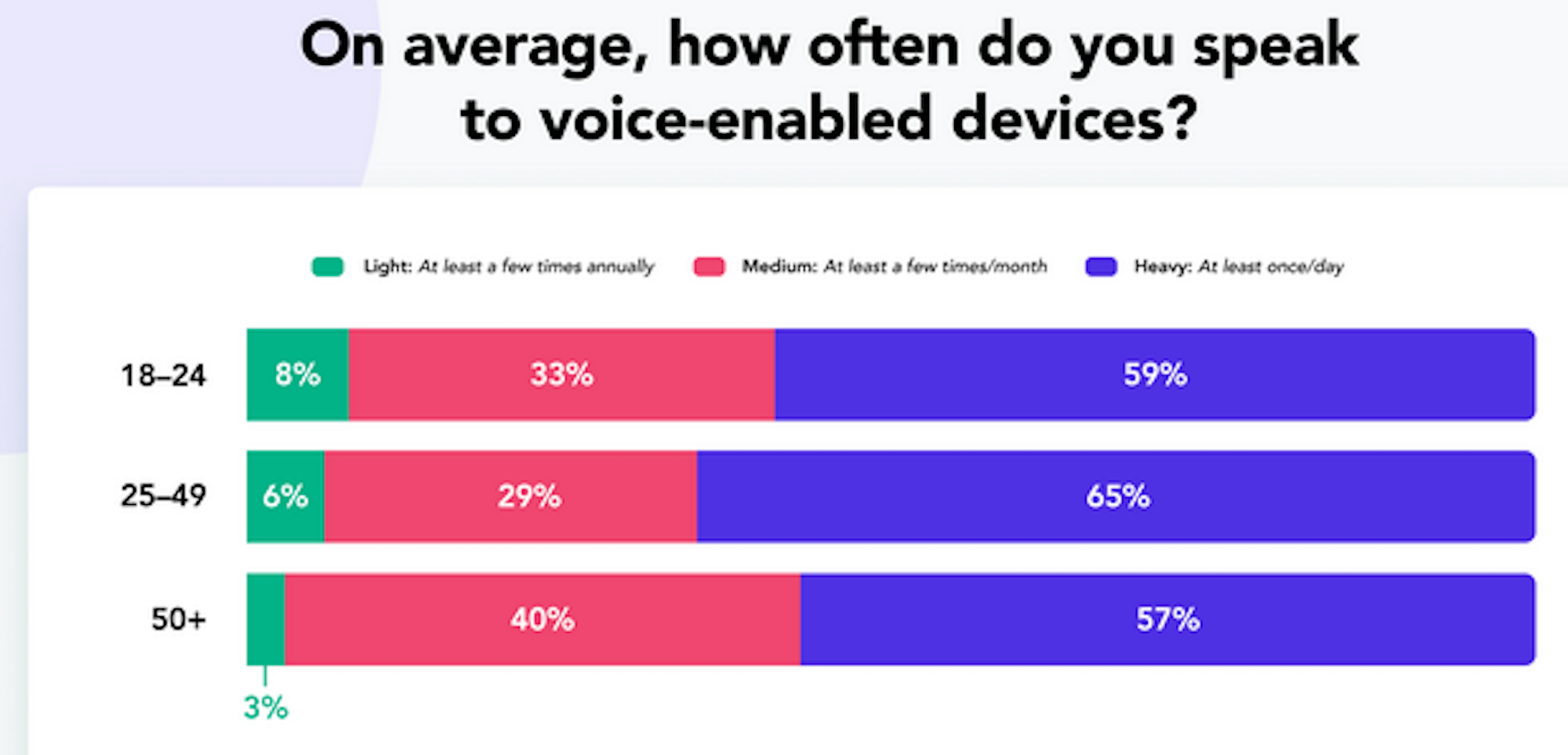
You should have the ability to focus on question-based or conversational phrases in your content and use long-tail keywords, which are just more specific keyword phrases.
So, if someone does a voice search for “what types of skills are employers looking for in remote workers?” your content on “6 must-have skills for remote job seekers” comes up.
10. Make Use Of The Media
To stand out as an SEO copywriter, you should know how to use the types of media available to you and incorporate them into written text to make valuable content. Images and videos can help catch your readers’ attention. Besides, they help your readers stay longer on your page. When people stay longer on your page, your ranking on search engines improves.
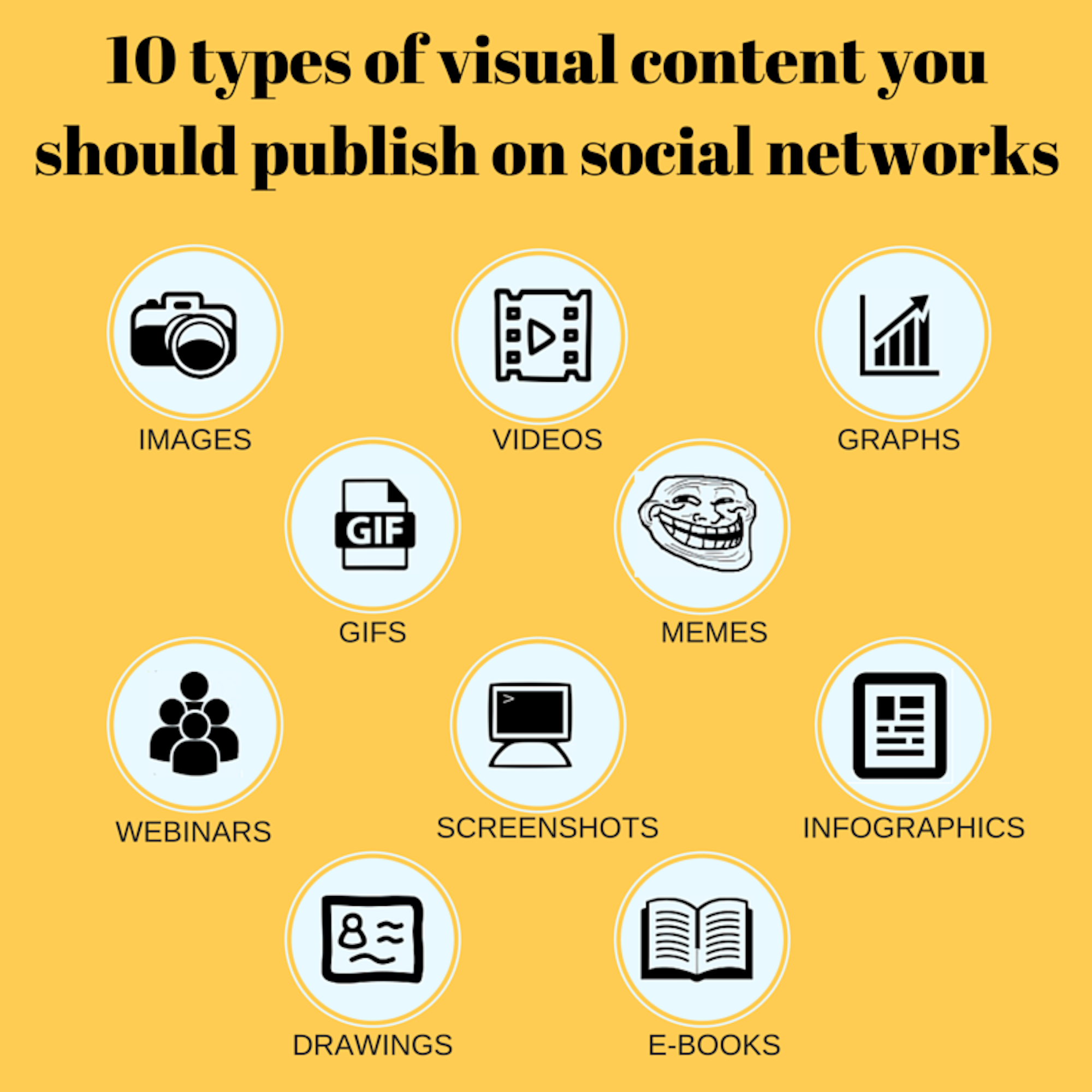
We wouldn’t recommend stock images as Google especially prefers visual media such as graphs, charts or screenshots.
Wrapping Up
It’s clear that Google likes to change its algorithms regularly to offer a better user experience. That can make SEO copywriting tricky.
Regardless of the constantly changing rules, though, these skills have so far stood the test of time. That means if you have them and use them to create content, that content is more likely to perform well in search engine results.
If you don’t have these skills just yet, don’t worry. There are many resources you can read to improve. These skills are not inherent. They can be acquired. All you need is that motivation to learn. Then, put in the hard work, and you’ll be on your way to becoming an SEO copywriting guru.
Author Bio
Owen Jones is the Senior Content Marketer at ZoomShift, an online schedule maker app. He is an experienced SaaS marketer, specializing in content marketing, CRO, and FB advertising. He likes to share his knowledge with others to help them increase results.
Share at:ChatGPTPerplexityGrokGoogle AI











